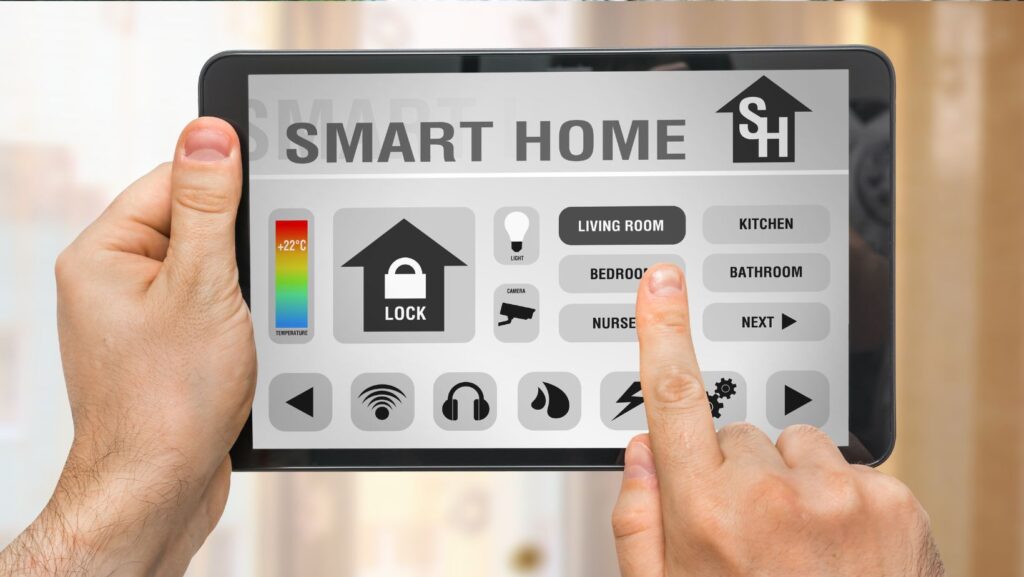In today’s rapidly evolving healthcare landscape, smart devices are revolutionizing the way hospitals operate and deliver care. These innovative tools are seamlessly integrating into medical environments, enhancing efficiency and improving patient outcomes. From wearable health monitors to advanced diagnostic equipment, smart technology is transforming traditional practices and setting new standards in patient care.
Hospitals are leveraging these devices to streamline operations and provide real-time data, enabling healthcare professionals to make informed decisions swiftly. By automating routine tasks and facilitating remote monitoring, smart devices reduce the burden on medical staff and allow them to focus on more critical aspects of patient care. As a result, hospitals are witnessing improved workflows and better resource management.
Smart Devices In Hospitals
Smart devices in hospitals play a crucial role in modern healthcare infrastructure. These devices include digital health monitors, smart infusion pumps, and AI-driven diagnostic tools that streamline and enhance patient care. Digital health monitors, such as wearable sensors, collect real-time patient data, allowing continuous monitoring and timely medical interventions. Smart infusion pumps, another innovation, automate medication dosage with precision, reducing human error.
Hospitals are increasingly adopting Internet of Things (IoT) systems to connect various smart devices. This connectivity enables seamless data flow between different medical systems and departments, facilitating coordinated care efforts. As smart devices continue to evolve, they promise to further revolutionize hospital operations, making healthcare delivery more predictive, personalized, and efficient.
Benefits Of Smart Devices In Healthcare
Smart devices bring numerous benefits to healthcare, enhancing operational efficiency and patient care. They provide real-time data that improves diagnosis and treatment effectiveness. Wearable health monitors, for instance, enable continuous tracking of vital signs, facilitating early intervention in medical emergencies. This capability reduces the need for routine hospital visits and decreases healthcare costs.
Automation through smart devices streamlines processes, minimizing the chance of human error. Smart infusion pumps ensure accurate medication delivery, which enhances patient safety. Additionally, AI-powered diagnostic tools offer comprehensive analysis, leading to more accurate diagnoses and informed decision-making by medical professionals.
Smart devices contribute to personalized patient care by providing data-driven insights into individual needs. This personalization ensures targeted treatment plans, increasing patient satisfaction and improving outcomes. As technology advances, the role of smart devices in healthcare continues to expand, offering further opportunities for innovation and efficiency.
Types Of Smart Devices Used In Hospitals
Smart devices in hospitals include various advanced technologies that enhance patient care and hospital operations. Wearable health monitors, like fitness trackers and heart rate sensors, enable continuous monitoring of patients’ vital signs, alerting medical staff to any anomalies. Smart infusion pumps ensure precise medication delivery by programming dosage instructions, minimizing human error. AI-driven diagnostic equipment, such as imaging analysis tools, assists in the early detection of diseases by providing accurate and comprehensive data analysis.
Telemedicine devices, including video conferencing systems and portable examination tools, facilitate remote consultations and healthcare delivery, especially for patients in distant locations. This technology expands access to medical services by connecting patients with specialists regardless of geographic barriers. IoT systems in hospitals link various smart devices, allowing seamless data integration and real-time information sharing, improving collaborative care efforts.
Robotic surgical systems perform minimally invasive surgeries with high precision, reducing recovery times and enhancing surgical outcomes. Automated medication dispensers streamline the distribution of pharmaceuticals, ensuring timely and accurate dispensing based on patients’ needs. By employing smart beds, hospitals gain the ability to monitor patients’ movements and adjust positions for comfort and health optimization.
Future Trends In Smart Hospital Technology
Smart devices are set to revolutionize hospitals even further with advancements on the horizon. Emerging technologies like 5G will enhance connectivity, allowing for faster data transmission and more efficient device integration. Artificial intelligence is expected to play a larger role in predictive analytics, helping to anticipate patient needs and streamline hospital operations. Moreover, the development of more sophisticated wearable devices will provide deeper insights into patient health, enabling earlier interventions and personalized treatment plans. As these innovations unfold, hospitals will become increasingly equipped to offer high-quality, patient-centered care while optimizing their operational efficiency.


